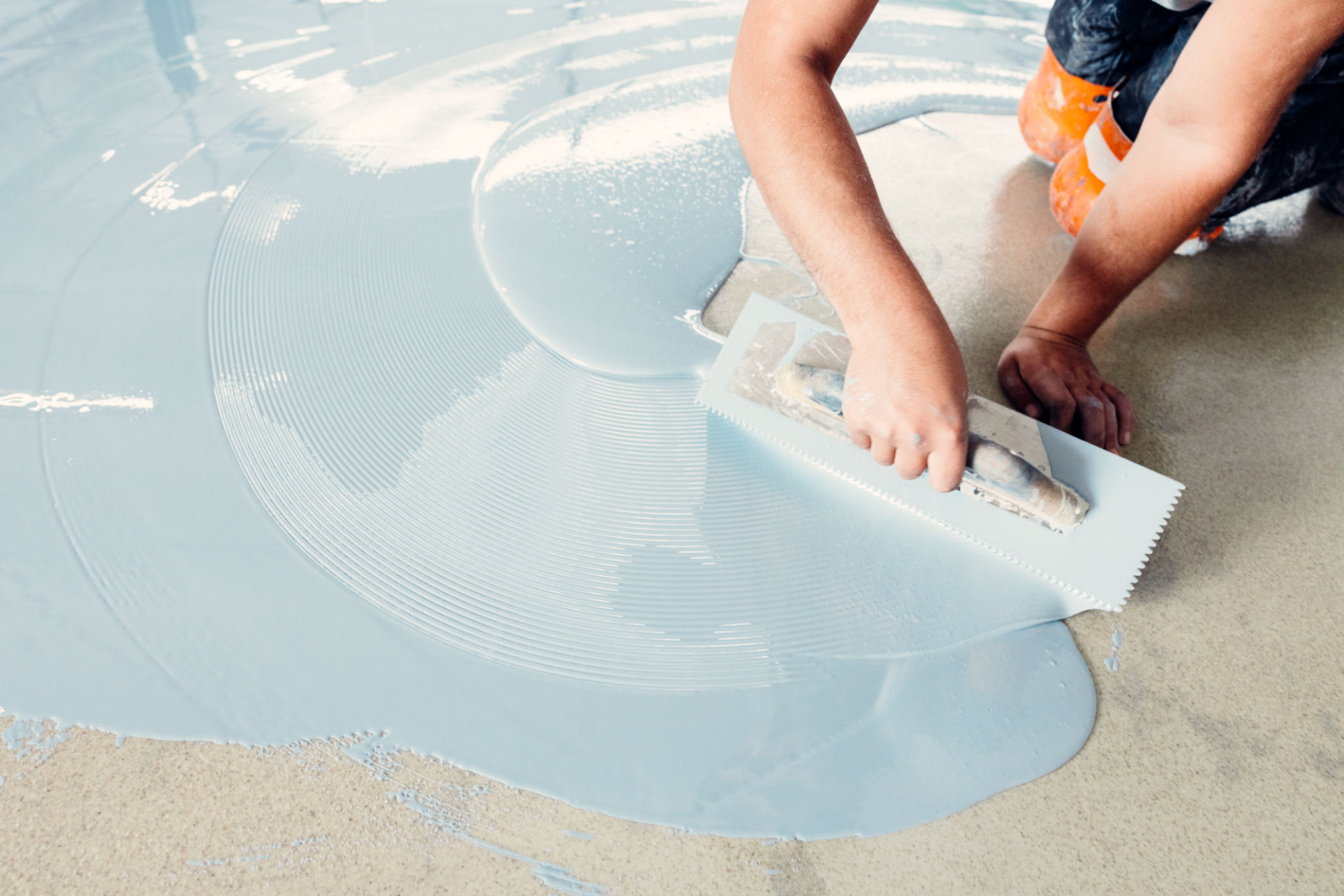Common Myths About Epoxy Flooring Debunked
Understanding Epoxy Flooring
Epoxy flooring has gained popularity for its durability and aesthetic appeal, but with its rise in use, several myths have emerged. These misconceptions can deter people from choosing epoxy flooring or lead to improper installation and maintenance. In this article, we'll debunk some of the most common myths surrounding epoxy flooring to help you make an informed decision.

Myth 1: Epoxy Flooring is Only for Industrial Use
While it's true that epoxy flooring is widely used in industrial settings due to its strength and resistance to chemicals, it is not limited to these environments. Epoxy flooring is suitable for residential spaces as well, including garages, basements, and even kitchens. Its versatility in design and color options makes it a popular choice for homeowners looking to enhance both the function and appearance of their spaces.
Myth 2: Epoxy Flooring is Slippery
A common concern is that epoxy floors are slippery, especially when wet. However, this is not necessarily true. While a high-gloss finish can be slippery, various anti-slip additives can be incorporated into the epoxy to enhance traction. These additives, such as sand or aluminum oxide, make epoxy floors safe for areas prone to spills or moisture.

Myth 3: Epoxy Flooring is Expensive
Another misconception is that epoxy flooring is beyond the budget of most homeowners. In reality, the cost of epoxy flooring is often competitive when compared to other flooring options. The longevity and low maintenance requirements of epoxy make it a cost-effective solution over time. It's important to consider the long-term savings on repairs and replacements when evaluating the cost of epoxy versus other materials.
Myth 4: Epoxy Floors are Difficult to Maintain
Contrary to popular belief, epoxy floors are relatively easy to maintain. Their smooth surface makes them resistant to dust, dirt, and stains, requiring only regular sweeping and occasional mopping to keep them looking pristine. Additionally, their resistance to moisture prevents mold and bacteria growth, further simplifying upkeep.

Myth 5: Epoxy Flooring is Not Eco-Friendly
Many people assume that because epoxy is a synthetic material, it must be harmful to the environment. However, epoxy flooring can be an eco-friendly choice. It often lasts longer than other flooring types, reducing the need for replacement materials and waste. Moreover, some manufacturers offer low-VOC (volatile organic compounds) formulations that minimize environmental impact.
The Truth About Epoxy
In conclusion, when considering epoxy flooring, it's important to separate fact from fiction. By understanding the true benefits and characteristics of epoxy, you can make a more informed decision about whether it's the right choice for your space. Whether for residential or commercial use, epoxy flooring offers a durable, attractive, and versatile solution that defies these common myths.